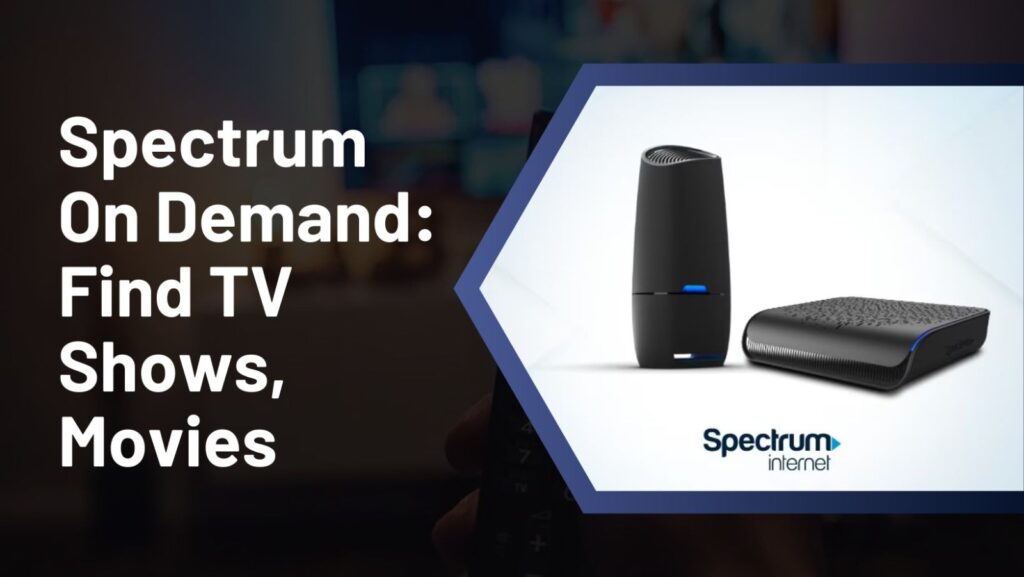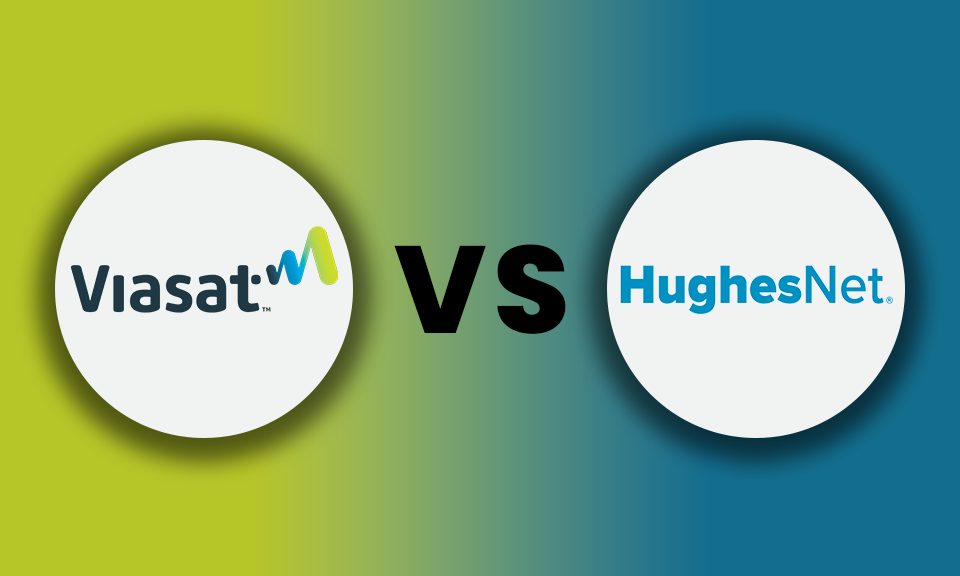Slow Internet can be possibly depressive, affecting everything from broadcasting to distant jobs. Multiple reasons are responsible factors for your sluggish connection like weak WiFi signals, network congestion, or outdated equipment. To fix these problems, begin by resuming your router and modem, examining for intervention from other equipment and confirming you cables are protective. Plus, understand your Internet package or connect to your Internet service provider for further support if issues exist. You can importantly enhance your Internet speed by recognizing the possible causes and following such steps.
Factors Responsible for Causing Slow Internet
Different primary points can cause slow Internet speeds.
- Insufficient Bandwidth
The most common factor for a sluggish Internet connection is congested bandwidth happened due to network disturbance. Once too many applications or equipment are utilizing the Internet consistently, it increases the available bandwidth offering slow speeds to every user.
- Outdated Equipment
Low-quality or old routers can expire at the scheduled moment, affecting your Internet speed and their performance. Other equipment may assist network technologies such as fiber or cable Internet.
- Wireless Interference
Intervention from other electronic equipment such as electric motors, microwaves or even other WiFi networks can disturb the wireless signal and bring slow speeds. Appropriate setup and establishment of WiFi access points is significant to ignore intervention.
- ISP Issues
Errors with your Internet provider like technical problems, network congestion or boosting of your speeds can result in slow Internet even if everything on your side is performing appropriately.
- Malware Infections
Malware on your equipment can make them supply maximum amounts of data, slowing down the network and consuming bandwidth.
- Too Many Devices Connected
Maximum equipment associated with your home network, even if they are not actively utilizing the Internet can result in slower speeds and bandwidth congestion for every user.
Rectify and enhance your slow Internet speeds by noticing and recognizing such usual factors. Remedies may involve resuming your device, upgrading equipment, handling bandwidth use or connecting your Internet service provider if the problem takes place.
How to Fix Slow Internet?
- Move or Place Your Router Closer to Your Computer
Getting closer to your router provides an easy and efficient method to enhance your internet connection speed. The further your PC or laptop is positioned from your Wi-Fi router, the more your internet speed slows.
No need to put your computer right next to your router to watch your favorite shows, but being closer is superior. Confirm that there aren’t any thick walls, especially ones made of concrete, between your router and your device. Routers aren’t all the same; few have strong signals, while others don’t.
Your internet service provider (ISP) mostly doesn’t provide the best router, so if your signal isn’t great even when you’re close to the router; it’s time to get a new one. Here’s a guide to help you search for the best Wi-Fi router with strong service.
Occasionally, your ISP may require managing bandwidth more efficiently. If you notice slow internet speeds happening at unique periods of the day, it could be due to ISP throttling.
- Shut Down Unnecessary Background Programs and Apps
If your laptop or PC experiences slow internet while your phone or another device works well, it means that unnecessary background programs consuming your bandwidth and slowing down your internet connection. To better your connection speed, try shutting down these background programs and quitting unnecessary applications. And also to upgrade your internet plans to increase your internet speed.
- Delete the Cache and Browsing History in Your Web Browser
More cache data can lead to websites failing to load, loading partially, or loading at a slow pace. Remove your browser’s cache and remove any files that could be affecting intervention. A few points are given below on how to delete your cache in Google Chrome.
- Open Chrome and tap the three dots in the top-right corner. Click on More Tools and then Clear browser data.
- Confirm that all the necessary cache data is checked: Browsing history, Cookies and other site data, and Cached images and files. Then tap Clear data.
- Upgrade Your Computer Especially Your Network Drivers and Router Firmware
Device drivers and firmware are important for the right functioning of your devices. Moreover, drivers and stock router firmware for your Wi-Fi and Ethernet adapters are sometimes monitored or free of issues. Examine for software or driver updates to troubleshoot bugs and improve service.
To update your drivers, search the name of the network adapters in your Windows device manager and find the manufacturer’s website for an updated driver.
You can also update your router’s firmware by accessing its web interface through your browser. Once you’ve logged in to your router’s interface, view the update button.
- Reboot Your Modem or Router
Rebooting your router or modem can mostly fix slow internet speeds — I completely do this routine every two to three months. Lethargic router service might be attributed to caching issues or firmware defects. However, there is an example when my internet connection unreasonably slows down.
Irrespective of the underlying problem, power cycling the router remains a swift and unchallenging technique to increase my internet connection. Remarkably, this method serves as a fast Wi-Fi enhancement.
Nevertheless, if slow internet affects just one PC, especially after a router reboot, it’s advisable to observe any programs monopolizing your bandwidth to restore faster internet connectivity on your computer.
- Examine Your Cable and Reduce Its Length If Required
While cables provide the fastest and most dependable means to connect your PC to your router, it’s essential to confirm that your Ethernet cable is both of an appropriate length and free from any kinks.
I have faced consistent download restrictions and disturbance on Netflix while utilizing a 50’ ethernet cable. However, when I curated the switch to a little, 30’ cable from a trusted brand, all my issues were removed instantly. This easy modification proved to be maximum impressive pattern to improve 5G home internet speed and rectify a troublesome connection, especially when playing TV online.

Conclusion
So, a steady internet connection can be influenced by various reasons between network congestion and technical issues. By going through the steps detailed in this write-up, you can recognize and notice the special factors for your slow internet and entertain a quicker and more efficient connection. If problems exist, never hesitate to connect your internet service providers for further support or concerns finding optional internet providers in your location for top-rated solutions. Connect to Club HDTV today for any assistance, support, or internet packages related query.
Related Posts:-










